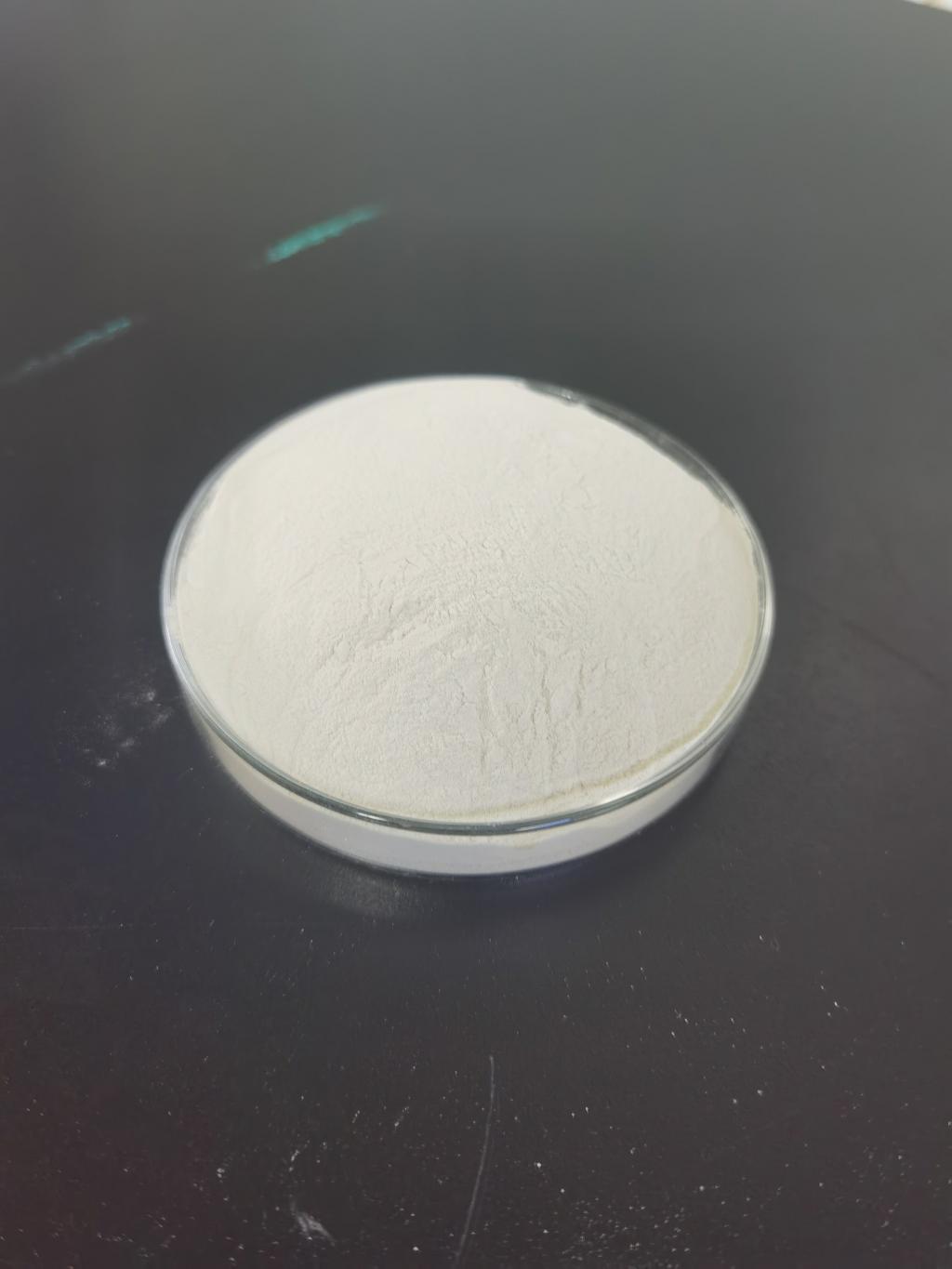Tel:+8618231198596

News
 CONTACT
CONTACT
 CONTACT
CONTACT
- Linkman:Linda Yao
- Tel: +8618231198596
- Email:linda.yao@dcpharma.cn
- Linkman:CHARLES.WANG
- Department:Overseas
- Tel: 0086 0311-85537378 0086 0311-85539701
News
Current Position:
Home >
News
>What is the potential of Nisin in the development of new food products?
What is the potential of Nisin in the development of new food products?
TIME:2023-04-03
In recent years, researchers have explored the potential of nisin in the development of new food products. This article will discuss the properties of nisin and its potential applications in the food industry.
Properties of Nisin
Nisin is a small, cationic, and heat-stable peptide that is composed of 34 amino acids. Its structure consists of a linear chain of amino acids that forms five loops, which are held together by three disulfide bridges. Nisin is a broad-spectrum antimicrobial peptide that is effective against a wide range of Gram-positive bacteria, including Listeria monocytogenes, Staphylococcus aureus, and Bacillus cereus.
Nisin has several advantages as a food preservative. It is heat-stable, meaning that it can withstand high temperatures without losing its activity. This makes it suitable for use in food products that undergo high-temperature processing, such as canned foods. Nisin is also effective at low concentrations, which means that it can be used in small amounts to achieve a significant antimicrobial effect. Additionally, nisin is safe for human consumption and has been approved for use as a food preservative by regulatory agencies around the world.
Applications of Nisin in the Food Industry
Nisin has several potential applications in the food industry. One of the most promising areas is in the development of natural preservatives for meat products. Meat products are particularly susceptible to spoilage by bacteria, and the use of synthetic preservatives such as sodium nitrite has been linked to health concerns. Nisin offers a natural alternative to synthetic preservatives that can help to extend the shelf life of meat products while maintaining their quality and safety.
In addition to its use as a meat preservative, nisin has also been explored for its potential in other food products. For example, nisin has been shown to inhibit the growth of spoilage bacteria in cheese, which can help to extend its shelf life. Nisin has also been investigated for use in canned foods, where it can help to prevent the growth of bacteria that can cause spoilage and foodborne illness.
Another potential application of nisin is in the development of probiotic foods. Probiotics are live microorganisms that are beneficial to human health, and they are commonly added to foods such as yogurt and fermented vegetables. However, the addition of probiotics to food products can increase the risk of bacterial contamination. Nisin can help to mitigate this risk by inhibiting the growth of unwanted bacteria while allowing probiotic bacteria to thrive.
Challenges and Future Directions
Despite its potential applications in the food industry, there are several challenges that must be addressed before nisin can be widely adopted as a food preservative. One of the main challenges is its cost. Nisin is currently more expensive than synthetic preservatives, which can make it less appealing to food manufacturers. However, advances in technology may help to reduce the cost of nisin production in the future.
Another challenge is the potential for the development of bacterial resistance to nisin. While resistance to nisin has been reported in some bacteria, it is still considered to be a rare occurrence. Nonetheless, continued monitoring of resistance patterns will be important to ensure the continued effectiveness of nisin as a food preservative.
Conclusion
Nisin is a naturally occurring antimicrobial peptide that has shown great promise as a food preservative. Its heat stability, broad-spectrum activity, and safety for human consumption make it an attractive alternative to synthetic preservatives in the food industry. Nisin has potential applications in a range of food products, including meat, cheese, canned foods, and probiotics. However, there are challenges that need to be addressed before it can be widely adopted, such as its cost and the potential for bacterial resistance.
Overall, the development of new food products using nisin represents an exciting area of research in the food industry. As demand for natural and sustainable food products continues to grow, the use of nisin as a natural preservative offers a promising solution for extending the shelf life of food products while maintaining their quality and safety. With continued research and development, nisin has the potential to become a widely used natural preservative in the food industry.
- Tel:+8618231198596
- Whatsapp:18231198596
- Chat With Skype







